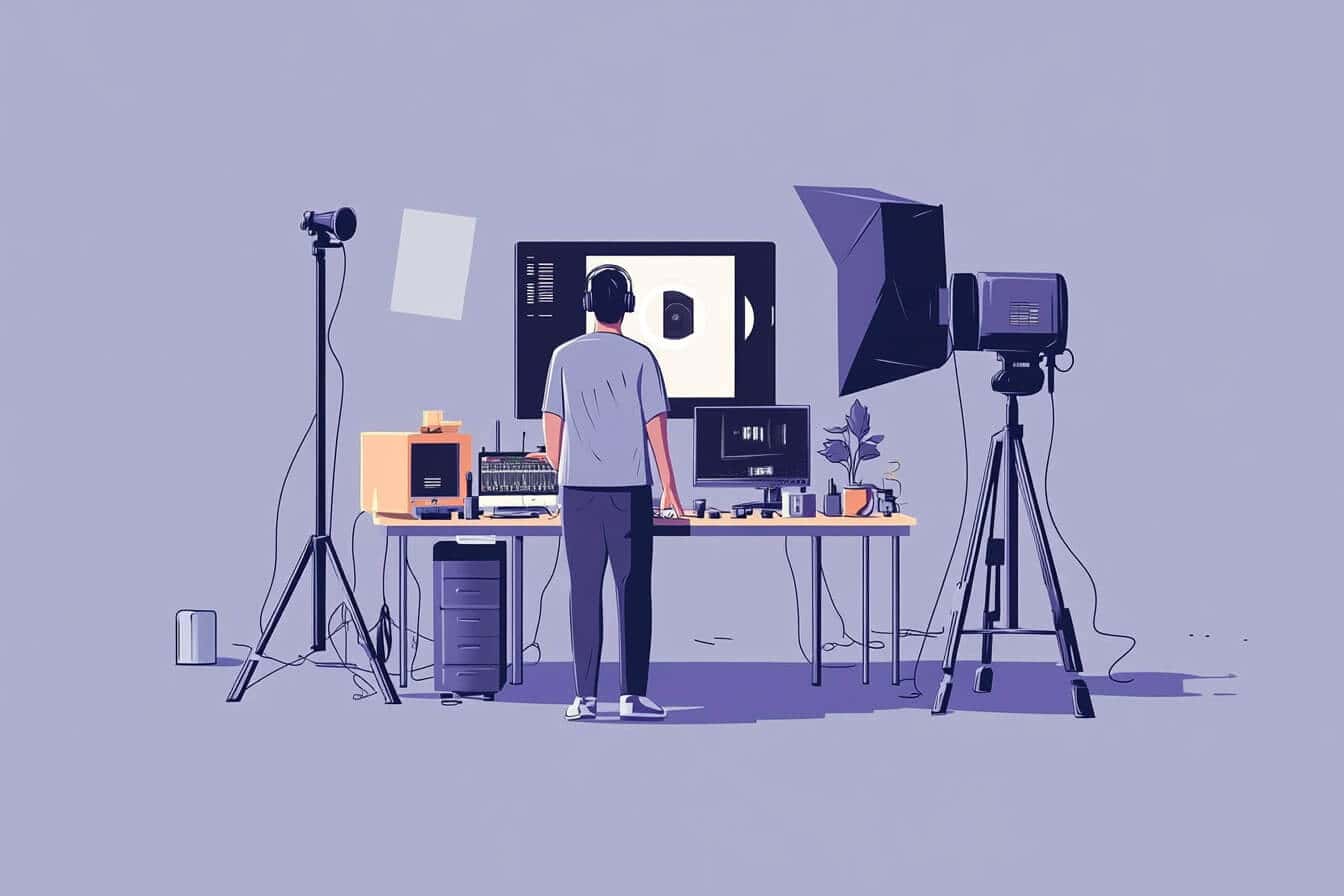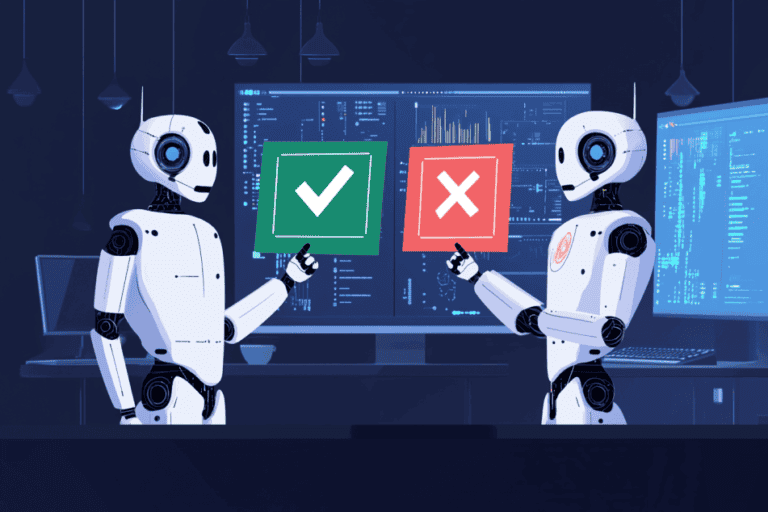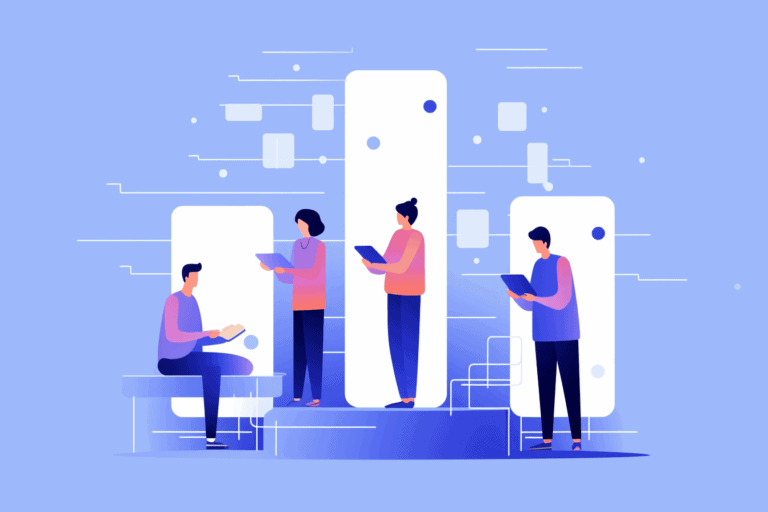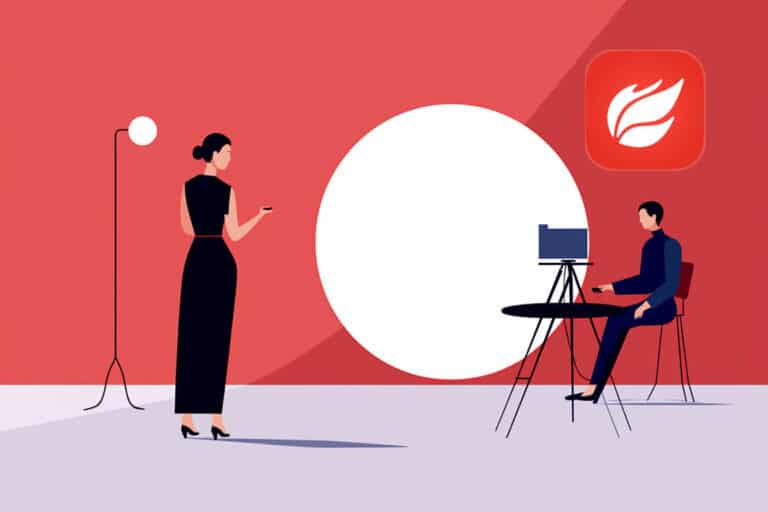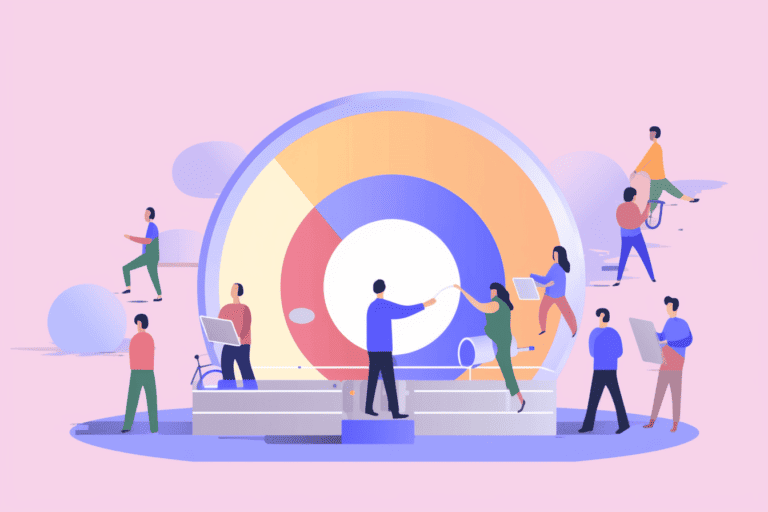5 Mind-Blowing Ways AI in filmmaking is revolutionizing the movie industry
Ever wondered how the next big thing in Hollywood isn’t a star or a studio, but a string of code? That’s right – artificial intelligence in movies is taking center stage.
From script to screen, AI in filmmaking is shaking things up like nothing we’ve seen before.
It’s not just about fancy effects (though those are pretty mind-blowing too). We’re talking AI movie editing that can cut a feature film in record time, AI-powered tools that can predict audience reactions, and AI movie production techniques that are redefining what’s possible on screen.
But here’s the thing – this isn’t some far-off future we’re talking about. These AI-driven film innovations are happening right now, transforming every aspect of how movies are made, marketed, and enjoyed.
In this post, I’m going to walk you through 5 mind-blowing ways AI is revolutionizing the movie industry.
And if you’re short on time, here is the TL;DR.
TL;DR
How AI is changing the movie industry:
- AI-powered script analysis and writing for faster and more creative storytelling.
- Advanced visual effects that enhance realism and efficiency.
- Rapid post-production editing that saves time and allows for more creative freedom.
- Innovative pre-visualization techniques for better planning and visualization of scenes.
- Groundbreaking virtual production methods that create immersive environments.
Main Challenges:
- Potential loss of the human touch in storytelling.
- Risk of job displacement in certain roles.
1. AI-Powered Scriptwriting – A New Frontier in Storytelling
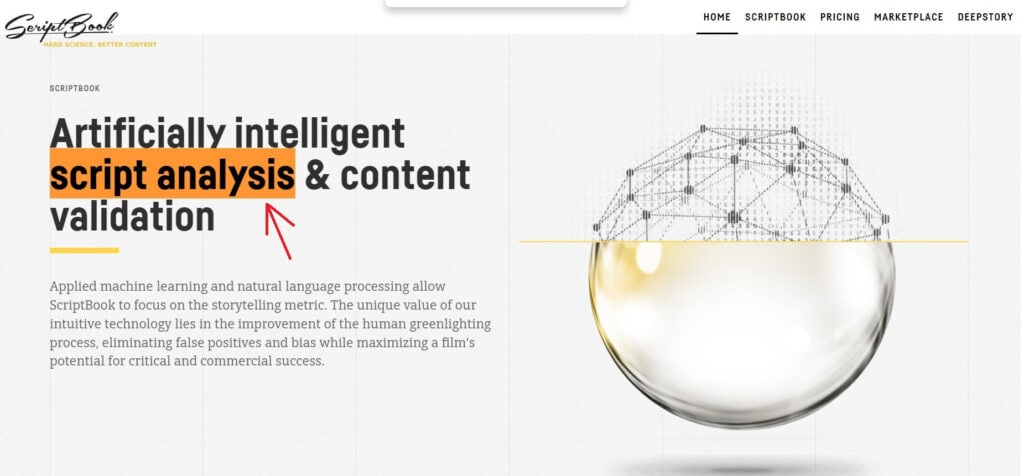
Ever heard of ScriptBook? This AI powerhouse analyzes scripts and predicts their success. But AI doesn’t stop at analysis. It’s writing scripts too.
Remember “Sunspring,” the quirky sci-fi short from 2016? An AI named Benjamin wrote it. Sure, it was a bit odd, but it showed us what’s possible.
So, why are filmmakers excited about AI? There are a few major reasons:
- It’s super fast – AI can write a first draft in hours instead of weeks.
- It offers fresh ideas – AI might suggest plot twists that a human writer wouldn’t think of.
- It helps overcome writer’s block – when a writer is stuck, AI can provide new ideas to get things moving again.
But it’s not all smooth sailing. Some people have concerns about using AI for creative work:
- They worry that AI-written scripts might all start to sound the same.
- There’s also the question of whether AI can truly match human creativity and emotional depth.
It’s important to understand that right now, AI isn’t taking over from human writers. Instead, it’s becoming a helpful assistant in the creative process.
Now, let’s shift gears. AI isn’t just changing how stories are written. It’s transforming how they come to life on screen.
2. Visual Effects (VFX) on Steroids – How AI is Making Movies More Spectacular
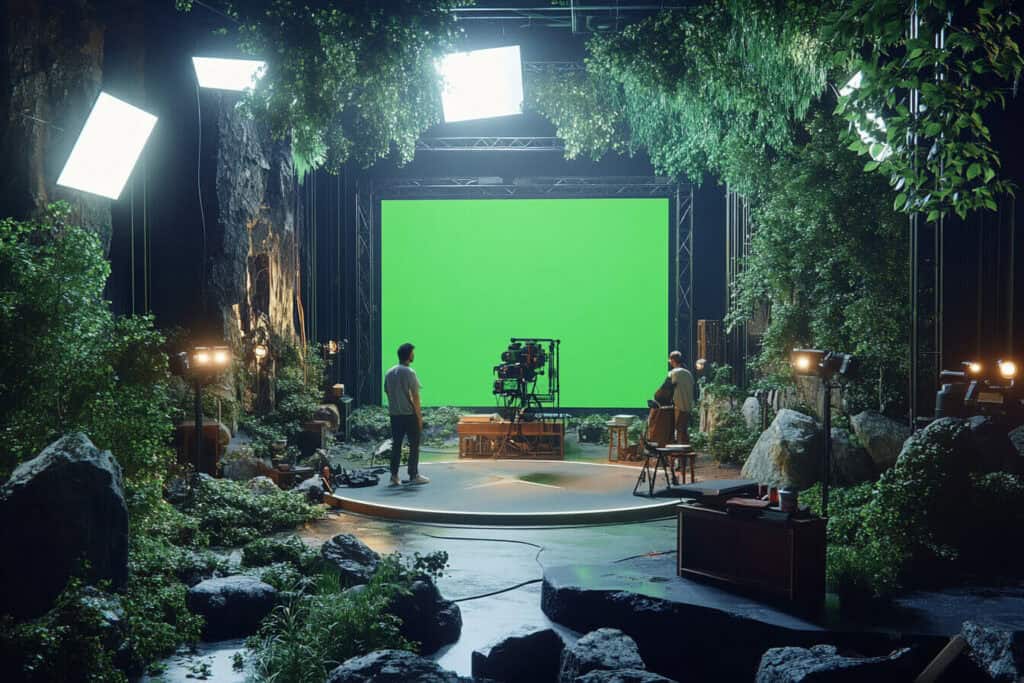
The Rise of AI in Visual Effects
Remember when CGI in movies was a big deal? Well, AI-powered visual effects are taking things to a whole new level.
Tasks that used to take days now happen in hours.
How? AI algorithms can handle repetitive work like rotoscoping or object removal with incredible speed and accuracy, freeing up artists to focus on the creative side.
- Speed and precision: Tedious tasks like rotoscoping are done faster than ever.
- More time for creativity: AI takes over the repetitive work so artists can innovate.
Real-World Examples of AI in VFX
Let’s talk about some cool examples.
Ever watched The Mandalorian? The show uses an AI-driven technology called “The Volume”—a massive LED screen that creates real-time backgrounds, replacing traditional green screens.
The result? More realistic environments and better performances from actors.
AI is also making characters more lifelike. Take Thanos from The Avengers. AI helped capture Josh Brolin’s facial expressions in incredible detail, making the big purple guy feel surprisingly real.
AI’s Impact on Rendering
But it’s not just about what we see on screen. AI is also speeding up the rendering process. By predicting how light behaves in a scene, AI makes renders faster and more realistic.
Some studios have even cut rendering times by up to 50%.
- Faster rendering: AI slashes rendering times by predicting light behavior more efficiently.
- More realism: Quicker renders don’t just save time—they lead to more immersive visuals.
The Deepfake Dilemma
Now, let’s touch on something a bit controversial: deepfakes. This AI technology can create hyper-realistic fake videos.
While it raises ethical concerns, it also opens up some exciting possibilities. Imagine bringing historical figures to life in documentaries or creating seamless digital doubles for dangerous stunts.
As we’ve seen, AI is transforming both the visual and technical aspects of filmmaking. Up next, let’s explore how it’s shaking things up in the editing room.
3. Revolutionizing Post-Production with AI-Driven Editing
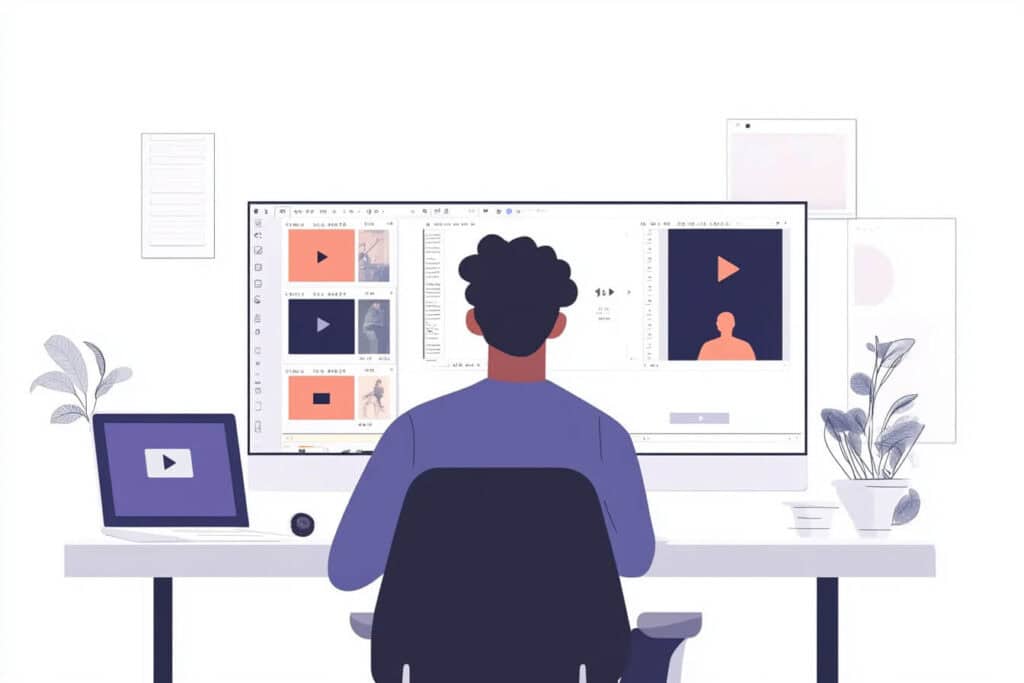
AI is reshaping post-production in filmmaking. It’s making the process faster, smarter, and more creative. Here’s how:
Video Editing
AI tools sift through hours of footage in minutes, picking out the best takes. Editors save countless hours of work.
🤖 If you’re curious about how AI is specifically transforming the editing process, check out our comprehensive guide on the best AI video editors available today.
Smart Analysis
Software analyzes emotional cues and pacing, suggesting edits to enhance a scene’s impact. It knows when to linger on a reaction for maximum effect.
Sound Mixing
AI balances audio levels and reduces background noise automatically. Some tools even generate realistic sound effects on demand.
Color Correction
AI ensures consistency across scenes and even suggests mood-enhancing color grades. The transformation can feel almost magical—scenes are instantly elevated with just the right tones and hues to match the desired mood.
🤖: How to use AI color grading for your videos.
Continuity Checks
AI flags errors that human eyes might miss, from misplaced props to changes in an actor’s appearance.
So, what do filmmakers think?
Many praise the creative freedom AI offers. Instead of getting bogged down in technical details, they can focus on their vision. As one indie director put it, “AI doesn’t make creative decisions for me. It gives me more time to make those decisions myself.”
The potential of AI in video editing goes beyond just speeding up the process. It’s opening up new creative possibilities and changing the way editors approach their craft.
Next, let’s look at how AI is reshaping this important part of the movie-making process.
4. Redefining Pre-visualization with AI
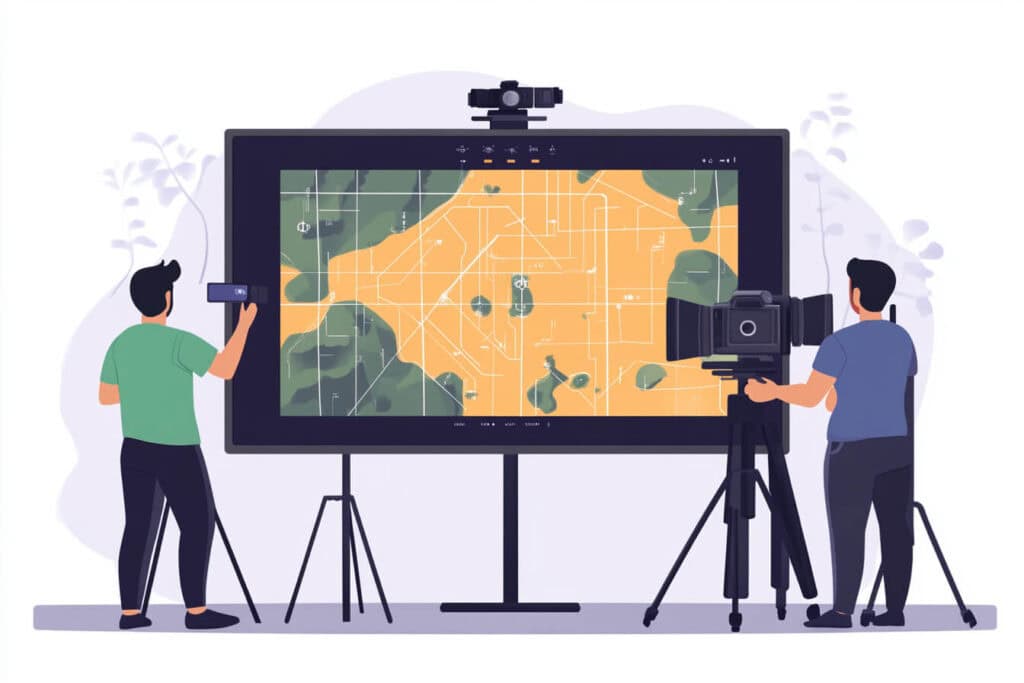
AI is transforming pre-visualization, making the impossible possible before cameras start rolling. Here’s how:
AI-generated Storyboards
AI can now create detailed storyboards based on script input. Tools like Boords AI bring your vision to life in record time.
Virtual Sets and AI
With machine learning, filmmakers can now scout virtual locations from their desks. Unreal Engine’s MetaHuman Creator allows for creating hyper-realistic environments and characters.
Smart Shot Planning
AI in movie sets goes beyond just visuals. It can suggest optimal camera placements and movements.
Real-time Scene Visualization
This is where AI camera techniques truly shine. Complex scenes that once took weeks to visualize can now be rendered in real-time.
These AI tools are reinventing pre-production. They’re not just time-savers; they’re expanding creative possibilities.
5. AI in Virtual Production and World Creation
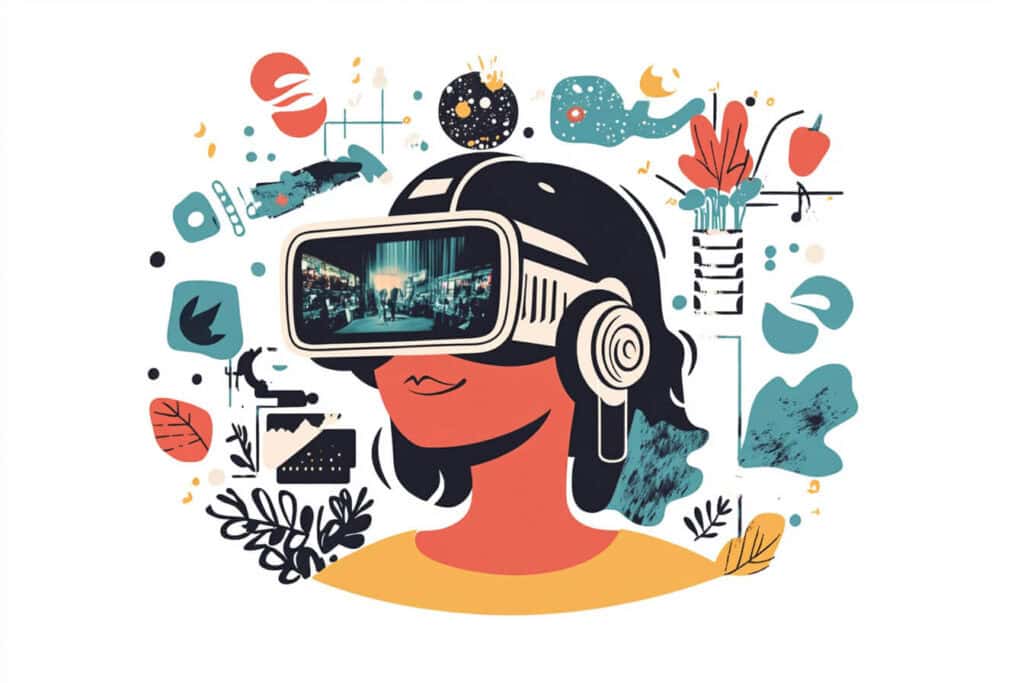
Finally, let’s talk about how AI is revolutionizing filmmaking by redefining what’s possible on screen.
Remember the Hunger Games? How the game creators could add creatures, change the landscape, or alter the weather at will?
Well, that’s no longer just science fiction. AI-powered virtual production is making this level of control a reality for filmmakers today. Here’s how AI is transforming virtual production and world creation:
Virtual Sets
AI can now generate entire environments with just a few clicks. This slashes production costs and saves time. Imagine creating a bustling alien marketplace or a sprawling medieval castle without building a single physical prop. That’s the power of AI in virtual production.
VR Experiences
For VR enthusiasts, AI is a game-changer. It’s elevating the quality of interactive films and virtual reality experiences. AI-crafted worlds are more detailed and responsive, making VR movies more engaging than ever. If you’re working in VR, these advancements could take your projects to new heights.
Augmented Reality in Cinema
Perhaps the most exciting development is the blend of AI and augmented reality in cinema. Filmmakers can now seamlessly integrate digital elements into real-world settings.
The result? Mind-bending cinematic experiences that blur the line between reality and fiction.
Of course, these changes bring challenges. Directors and actors must adapt to working in virtual environments. It’s a new skill set, but one that opens up endless creative possibilities.
Potential Drawbacks of AI in Filmmaking
While AI is revolutionizing the film industry in mind-blowing ways, it’s not all special effects and blockbuster success.
Like any groundbreaking technology, AI in filmmaking comes with its fair share of challenges and concerns. Let’s pull back the curtain on some of the potential drawbacks:
Loss of Human Touch
As AI takes on more roles in the filmmaking process, there’s a growing concern about losing the human touch that makes movies magical. While AI can create stunning visuals and optimize workflows, it might struggle to capture the nuanced emotions and unique perspectives that human creators bring to the table.
Job Displacement
Here’s a plot twist that’s causing some real-life drama: AI could potentially replace human workers in certain aspects of filmmaking. From editors to VFX artists, some roles might be at risk as AI becomes more sophisticated.
Creative Homogenization
AI’s ability to analyze successful movies and predict audience reactions could lead to a troubling trend: formulaic filmmaking. If everyone uses AI to create “guaranteed hits,” we might end up with a sea of similar, algorithm-pleasing movies. Where’s the fun in that?
Dependency and Skill Loss
As filmmakers rely more on AI tools, there’s a risk of losing traditional filmmaking skills. What happens if the AI system crashes on set? Will future generations of filmmakers know how to problem-solve without their AI assistants?
Final Thoughts
As we’ve explored, AI is reshaping the film industry in truly mind-blowing ways:
- AI-powered scriptwriting is offering fresh ideas and helping overcome writer’s block.
- AI VFX are reaching new heights of realism and efficiency.
- Post-production is becoming faster and smarter with AI-driven editing.
- Pre-visualization is more detailed and flexible than ever before.
- Virtual production and world creation are pushing the boundaries of what’s possible on screen.
These advancements are not just changing how movies are made – they’re redefining what’s possible in storytelling. From the writer’s room to the theater screen, AI is opening up new realms of creativity and efficiency.
And as this technology continues to evolve, we can expect even more exciting innovations in the world of cinema.
As we’ve explored the current impact of AI on filmmaking, it’s exciting to consider what’s next. Our article on the future of AI in video editing offers a glimpse into the innovations that may shape tomorrow’s cinema.

